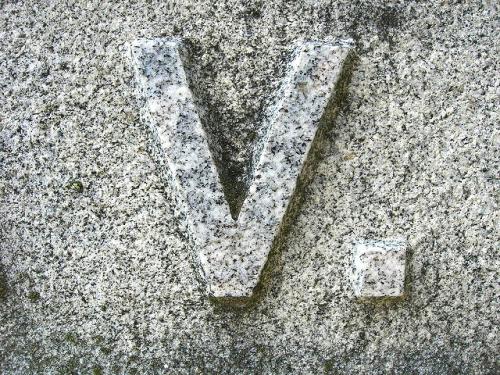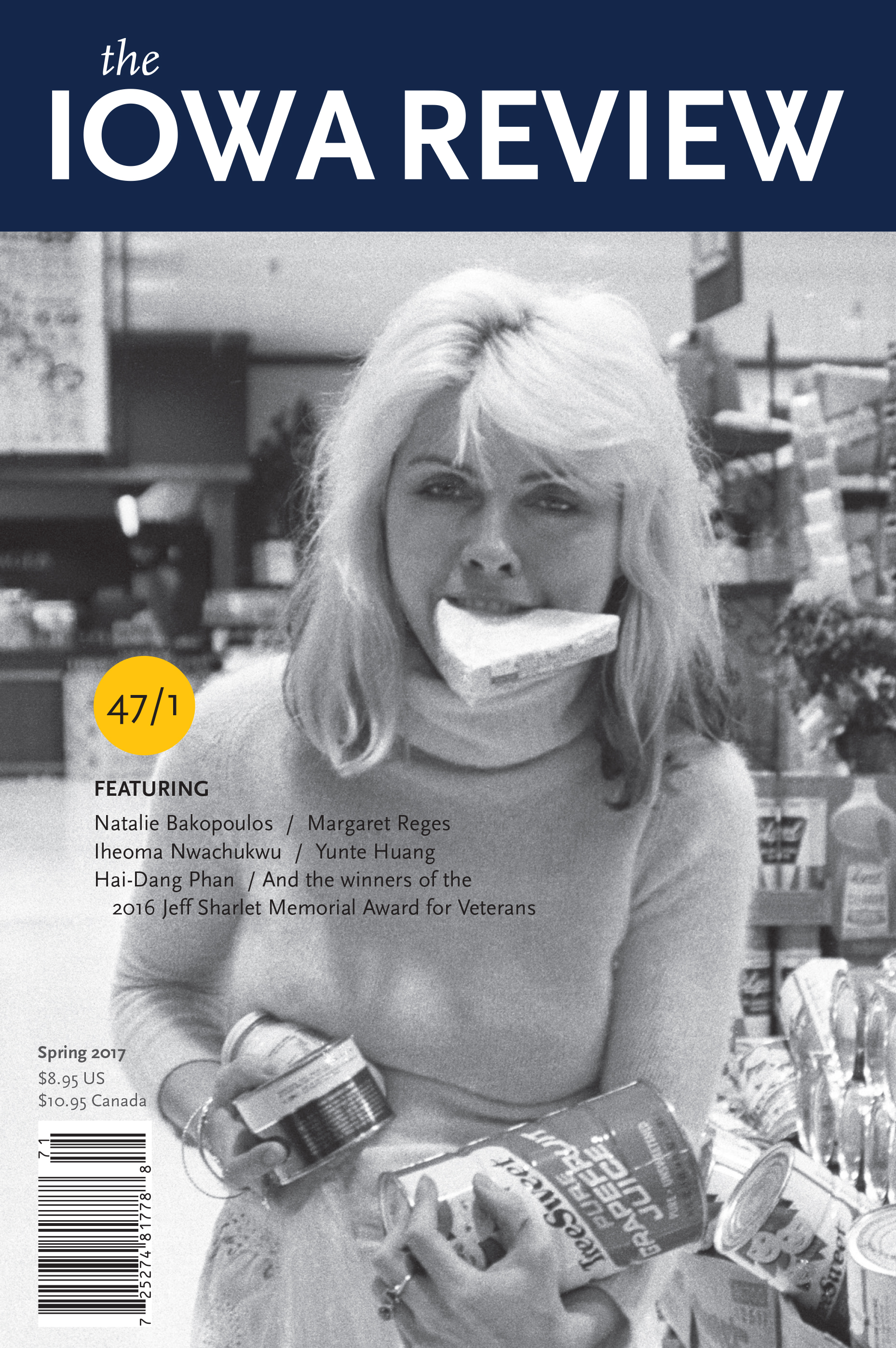
after the engraving in A Dictionary of All Religions, 1753
Not to be dismissive, but the Romans
aren’t sacrificing much.
A pig, a ram, some flasks of wine,
one guy’s holding what might be a pie
but it’s token more than tribute.
The scene: festive and homoerotic
with bare-chested men twirling axes
so butch they count double. Ankle bracelets,
strappy sandals, well-muscled legs.
Of course this is before the war,
bench-pressing babes contemplating a win.
Even the giving feels good, the extra ox
feeding luscious men like themselves.
Someone’s pulled out a curvy instrument
and is blowing that thing. Two others
raise the long horns to their lips.
The music so upbeat a conga line
of animals is posing hooves and shanks
and the men dig it, banners in the distance,
a little antebellum bump and grind.
No women, no surprise: no joie de la guerre
from the ladies, and besides their sons,
what would the women have to give?
In poems I count the years until my son
registers for the draft. I know him:
He’ll boogie to the post office, sign his card.
He’s down to six years, a number which,
in Roman numerals, looks like one
not-quite man beside the V for victory.
